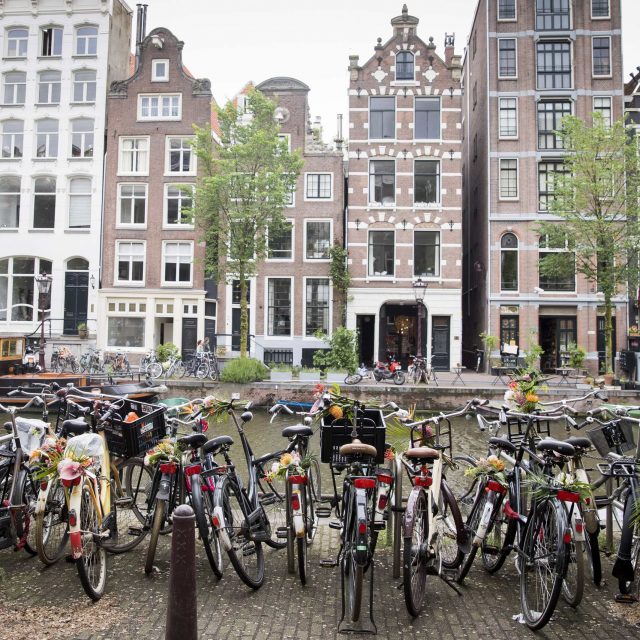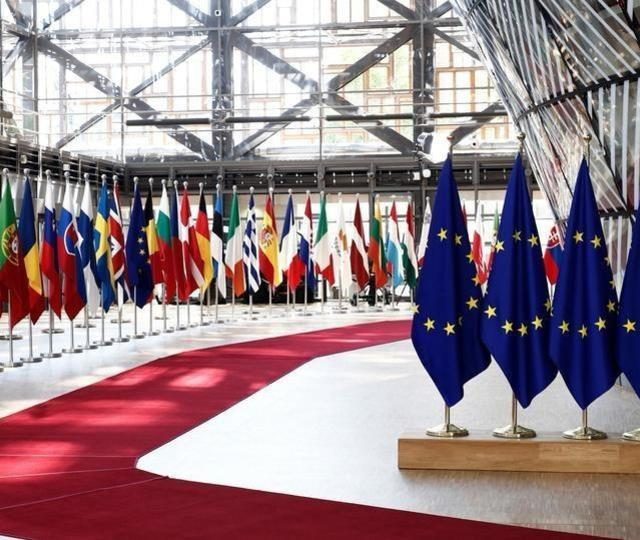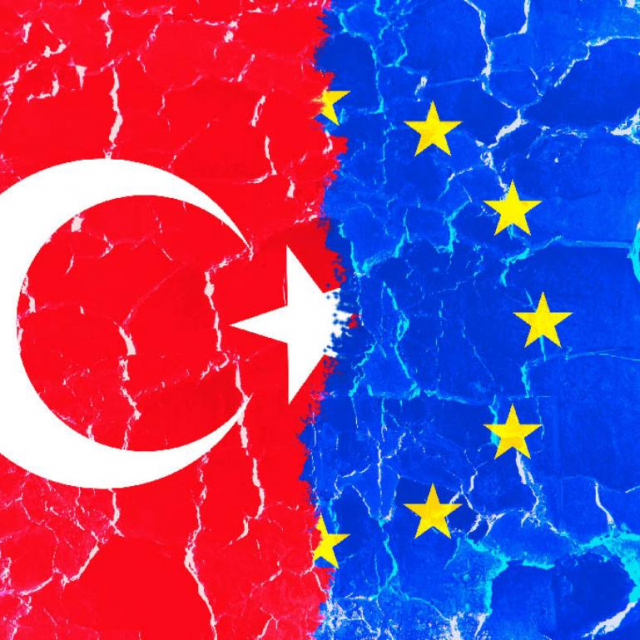Photo by Dmitriy Altynnikov on Unsplash
The international community, including the EU, has been urged to throw its weight behind closer integration between Central Asian countries.
Specifically, the West is asked to support the creation of a Central Asian Union to foster closer relations between the various countries, such as Kazakhstan and Uzbekistan, in the region.
The demand was made at a conference in Brussels on “Central Asia and the EU’s Historic Choice.”
The debate on 7 December heard the findings of a major study on how the EU and wider international community “might make the most” of opportunities in the region.
The two hour conference was held at Brussels Press Club and organised by the International Tax and Investment Centre, based in Washington D.C. and EU Political Report.
A keynote speaker was Kairat Abusseitov, the former First Deputy Foreign Minister of Kazakhstan.
He called for the establishment of a Central Asia Union saying this was “extremely important” and that this “needs to be understood.”
He added, “The question is what the West and the EU can or will do to support and push for this process.”
He told the audience that it was former Kazak president Nursultan Nazarbayev who first raised the idea for such an alliance.
Nazarbayev served as the first President of Kazakhstan, from the country’s independence in 1991 until his formal resignation in 2019.
The the idea is now becoming more and more understood and could be an important element in regional security.
“This is one reason why it will be important to establish such a Union.”
The former Deputy Minister went to also call for a “comprehensive approach” to Central Asia.
Turning to his own country and its contribution to regional security and prosperity, he said, “We have to start from the understanding that Kazakhstan now plays a substantial role regionally and in the world.
“Kazakhstan and other Central Asian countries are not just about oil and gas or uranium or rare materials. They also have another story to tell.
“Our political efforts in the last few years has been substantial even though my country has traditional challenges of its own. These include illegal immigration, arms and people trafficking but also water resource management.”
He told the audience, “The West has to think about not just what it wants from the Central Asia region but also what it can give to the region.”
He also spoke about what he called a “multi vector policy” and how this had aided his country’s development in recent years.
He asked, “What does a multi vector approach actually mean? Well, it is about trying to find the right balance. That includes finding a balance not just between the two giants that surround us – China and Russia – but also the right balance between Europe and Central Asia.”
But he also conceded, “I have to say that it is also getting harder and harder by the day to continue this concept. These days, it is getting more and more difficult to find this balance although it still remains an extremely important policy for Kazakhstan.”
In a Q&A that followed the debate, this website asked about the opportunities for building the next generation of leaders in Central Asia through their education in Europe.
Another panellist was U.S-based Dr Ariel Cohen a senior Fellow at the Atlantic Council, replied saying that in the past the education and training had been “in the hands” of Russia but that this was changing and, today, more and more young people in the region were heading to Europe,China and the U.S for their higher education.
“This is good, not least as it exposes them to other ideas,” he said.
Dr. Antonia Colibasanu, Senior Geopolitical Analyst at Geopolitical Futures and Senior Fellow for Eurasia Programme at the Foreign Policy Research Institute,said that basic education was still “best done” within Central Asian countries themselves but going overseas could be an advantage at upper level education.
“However, more support is needed for thi so that young people in the region can get involved possibly in schemes like Erasmus,” she noted.
Speakers were also asked about possible future investment opportunities in the region and, on this, Ariel Cohen said, that in the first instance is was necessary to “create the conditions” for such investment.
He added,”As the energy transition continues, there will be huge investment opportunities in areas like rare earth and alternative energies”
At the same time, he said that investment in fossil fuels including gas and oil would remain “very relevant.”
Future opportunities also applies in particular to infrastructure projects, such as new railroads and ports and he predicts that connectivity “will be the key” in the development of Central Asia.
Analyst John Roberts, a senior fellow at Atlantic Council’s Global Energy Centre and a senior partner with Methinks Ltd. picked up on this, saying there would be “substantial” investment opportunities in the region in the future but one of the current problems was energy transit. He noted that most energy currently has to go through Russia, adding, “so we need to find alernatives.”
Participants were also asked about the contribution made by former Kazak president Nursultan Nazarbayev in formulating the country’s multi vector policy that has allowed the West to invest in that country.
Kairat Abusseitov replied saying he believed the president had played a “key role” in this, noting that it was Nazarbayev who had actually launched the policy.
It is something that Abusseitov himself and others had subsequently adopted, he added.
“This multi vector approach is a very important concept and is also something that perhaps Europe could learn from,” he added.
The detailed report by Inozemtsev, which runs to 30 pages and is available on online from 8 December, analyses the economic and geopolitical situation in Central Asia.
It states that while Russia is “preoccupied with its war” in Ukraine and China “with its economic malaise” that “this is the time” for the EU and others “to comprehensively engage with Central Asia.




